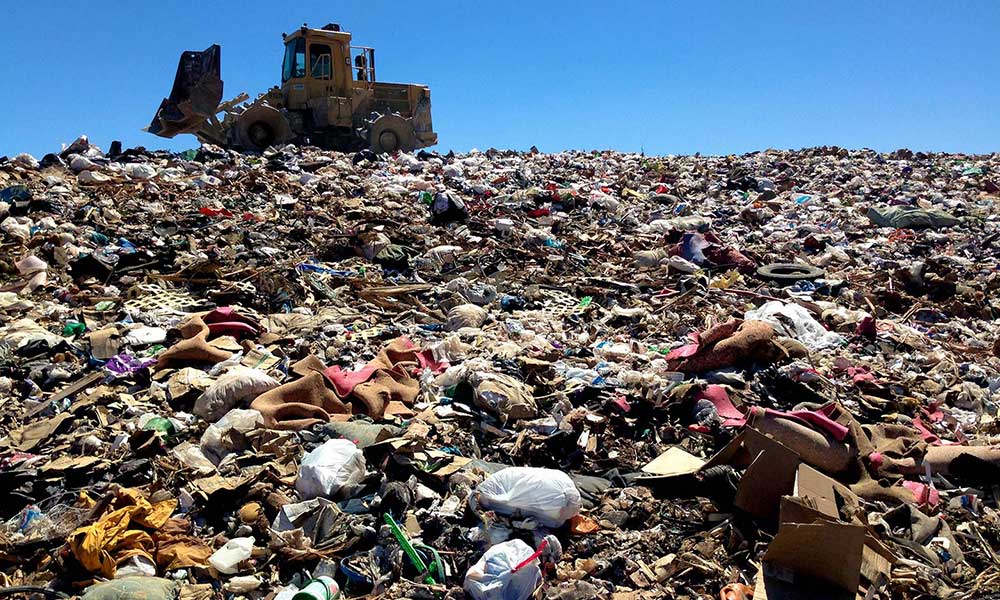GOLDEN RETRIEVER, AN INSTAGRAM STAR, EARNS? 8 CRORE A YEAR
- 30 Mar - 05 Apr, 2024

A fungus that eats plastic has been found by researchers in Pakistan, which predicts good things for the future of our environment.
It takes up to a millennium for plastic to completely degrade in landfills. This is very bad news considering that since the beginning of plastic production 65 years ago, we’ve produced 8.3 billion tonnes. 70 per cent of this is now in waste streams, most of which is sent to landfills.
Because of its xenobiotic nature – meaning that they did not exist before their synthesis by humans – plastic is nearly impossible to break down organically.
To combat this inevitability, a group of scientists found an unlikely ally in nature; a plastic-devouring soil fungus.
In a study, titled Biodegradation of Polyester Polyurethane by Aspergillus tubingensis and published this year in the journal Environmental Pollution, lead author Sehroon Khan of the World Agroforestry Center and his team used a dump in Islamabad, for samples. The fungus they found is a soil-dweller called Aspergillus Tubingensis, and it functions by colonising the plastic itself. It then secretes enzymes that can destroy the chemical bonds found in polymers.
COMMENTS